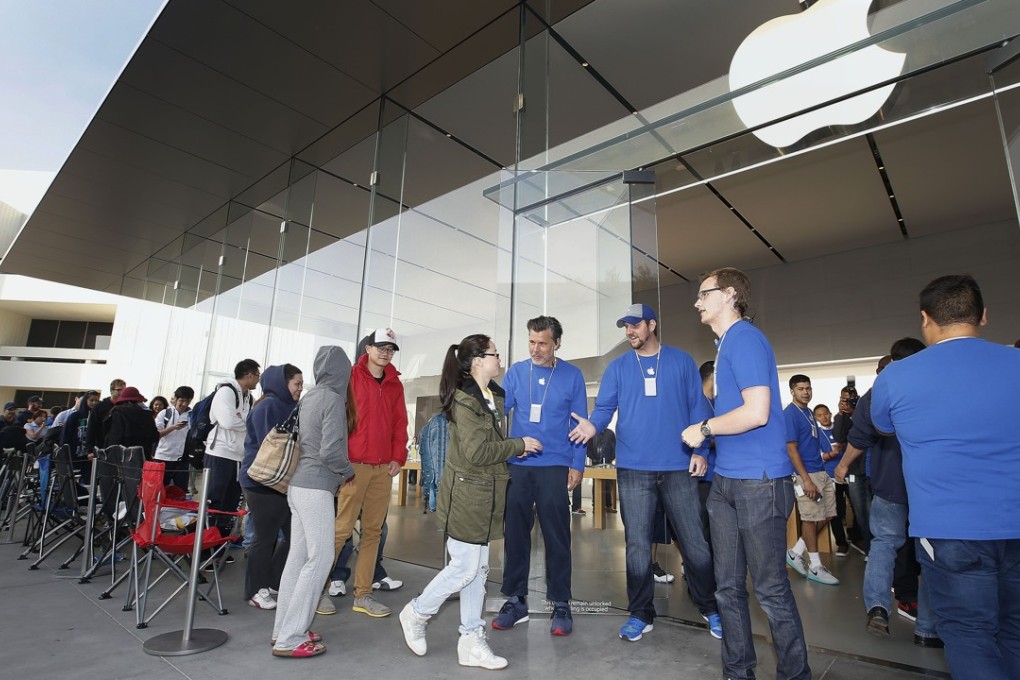Hong Kong networks look to Apple's new phone as the hero product to revive stagnating sales
Incumbent mobile service providers last posted significantly high smartphone sales after the release of the iPhone 6 and 6 Plus models, back in September 2014

Hong Kong telecommunications network operators will have their sights firmly set on the new iPhone launch next week, amid hopes that a blockbuster release could energise the city’s tepid smartphone market.
HKT, Hutchison Telecommunications Hong Kong and SmarTone Telecommunications have all blamed their recent streak of weak handset sales to the absence of a popular model or so-called hero phone to get consumers excited again.
“Consumers only move one way and that’s forward,” HKT group managing director Alex Arena said in a recent press briefing.
“The 10th anniversary of the iPhone is coming up. Would you throw away your iPhone and go back to using push-button feature phones? Of course, not.”
The 10th anniversary of the iPhone is coming up. Would you throw away your iPhone and go back to using push-button feature phones. Of course, not
Arena pointed out that “until [Apple chief executive] Tim Cook gets up there and makes the announcement, we don’t really know how many iPhones there will be ... but there are huge expectations on Apple to do something on this 10th anniversary”.